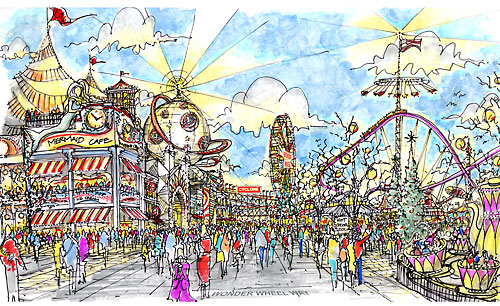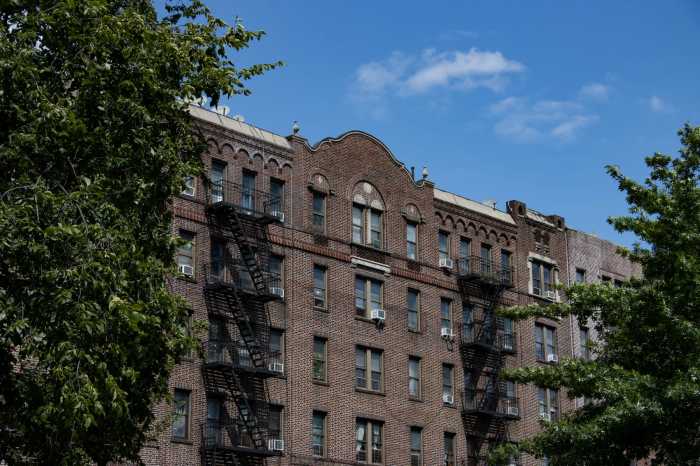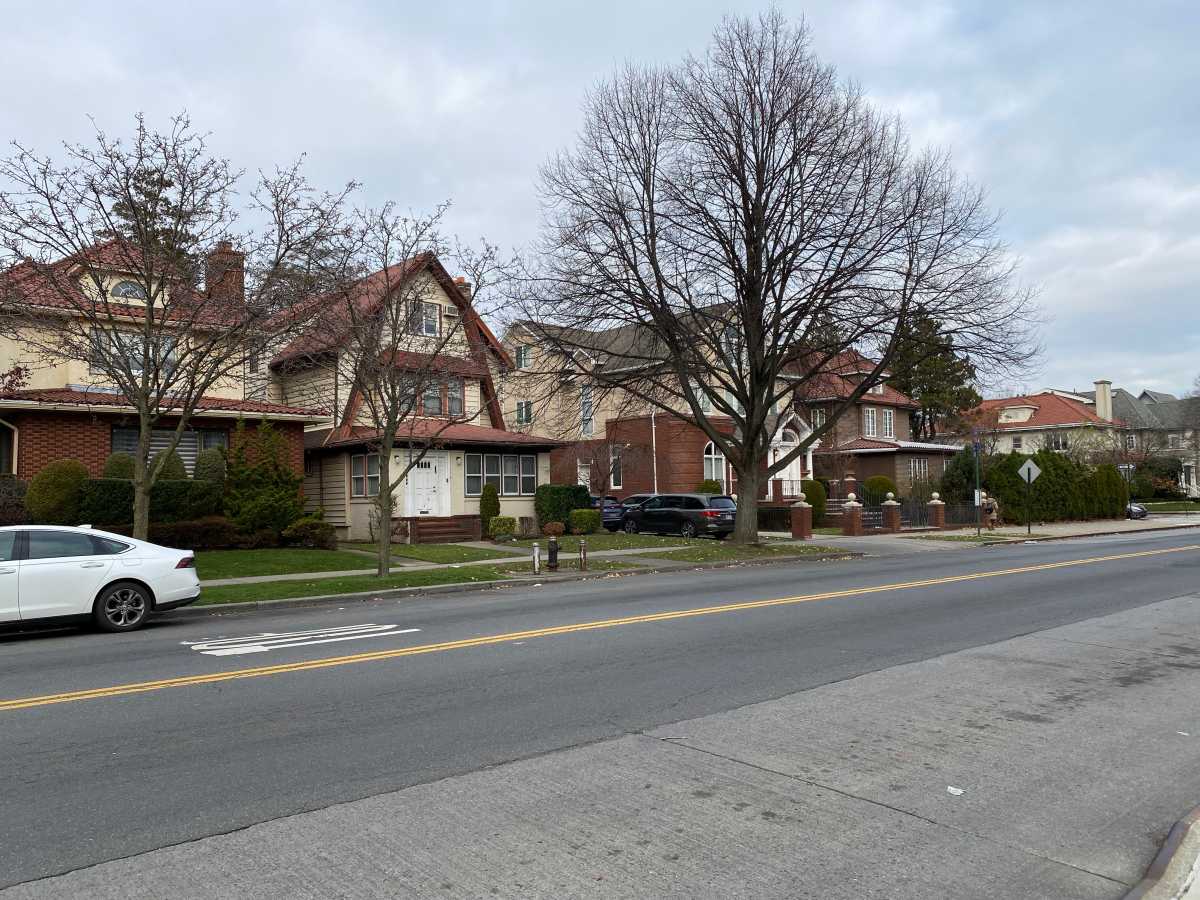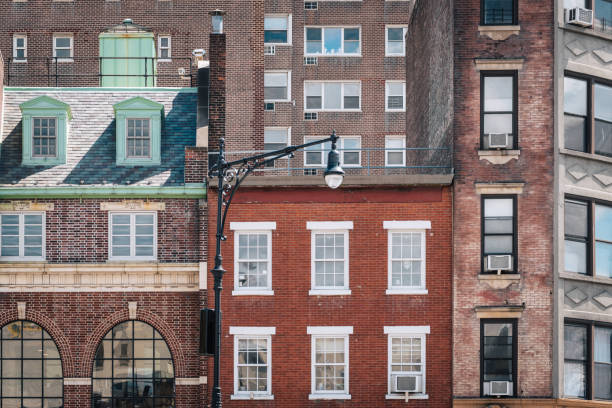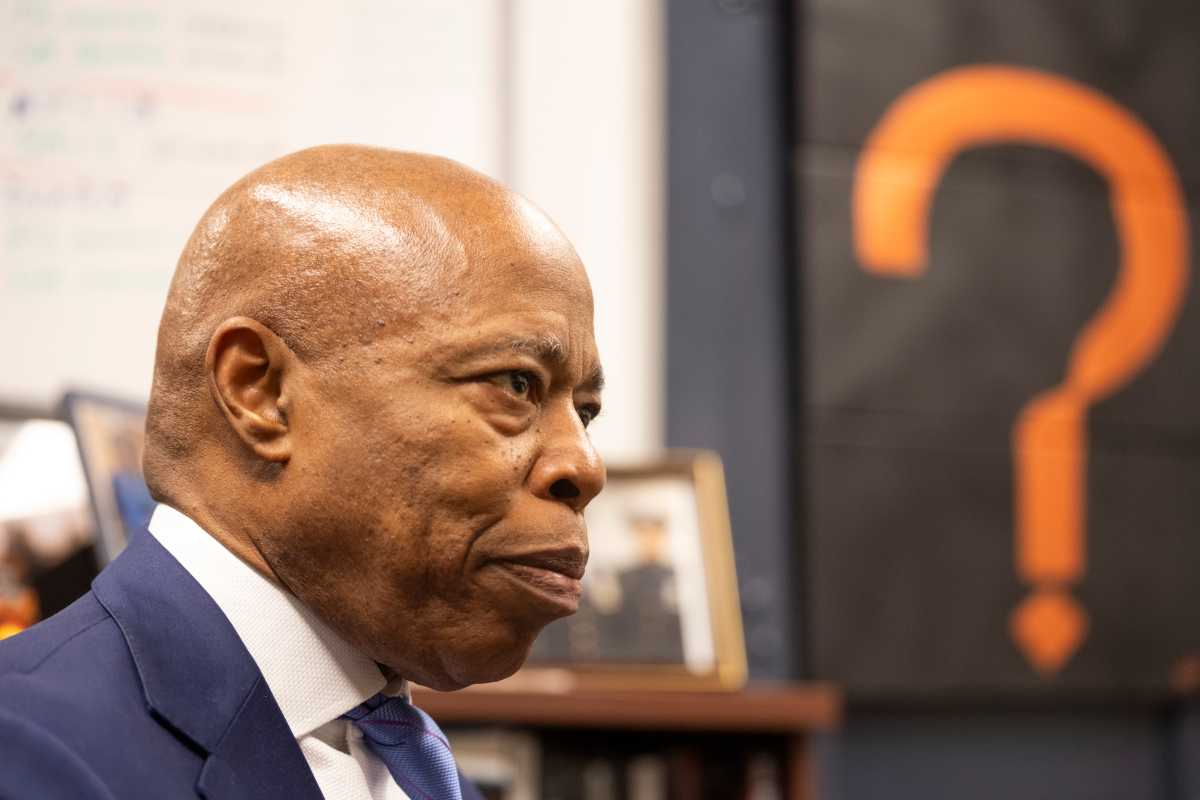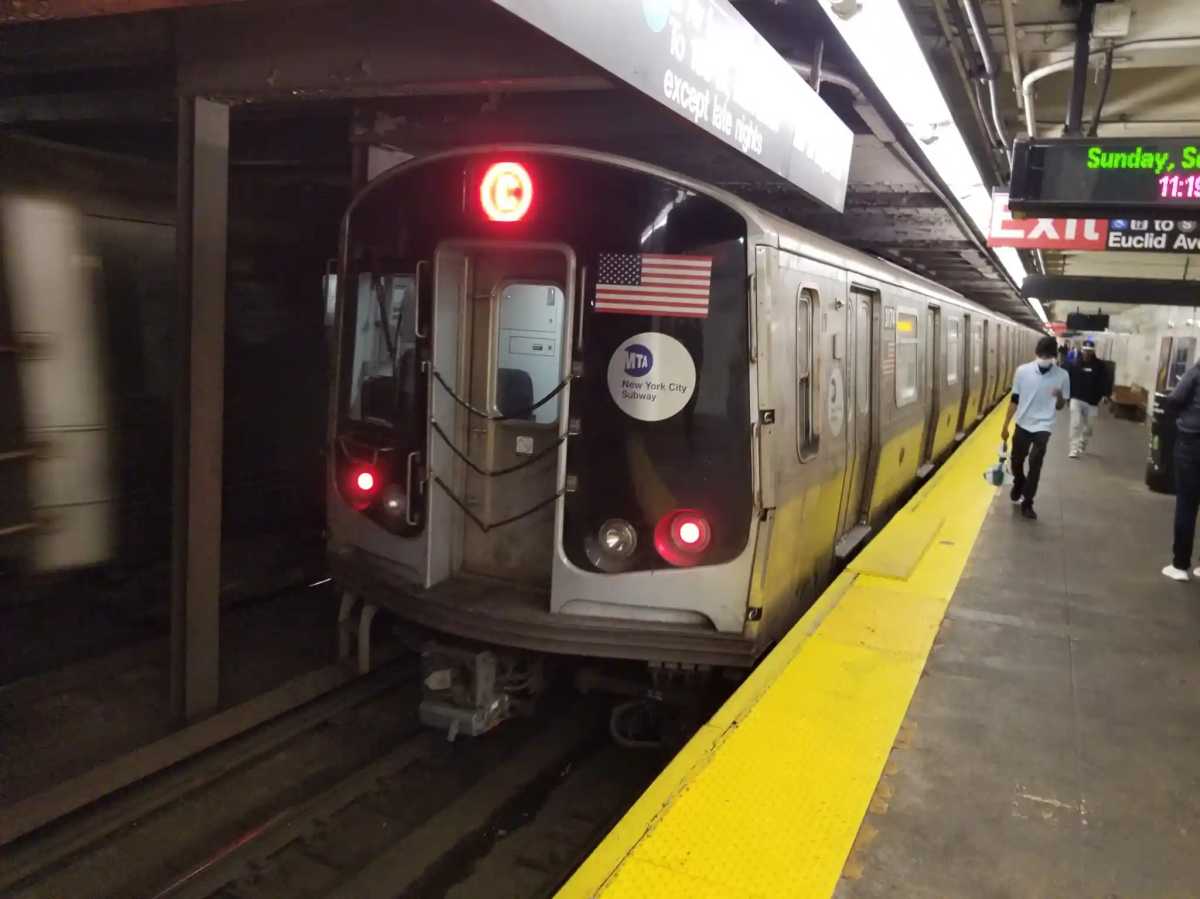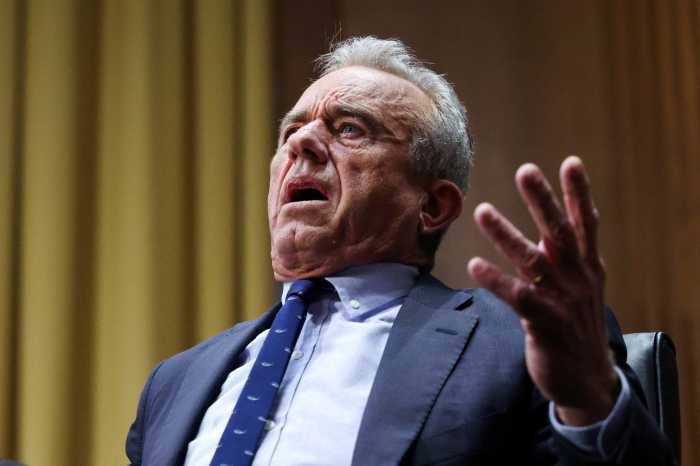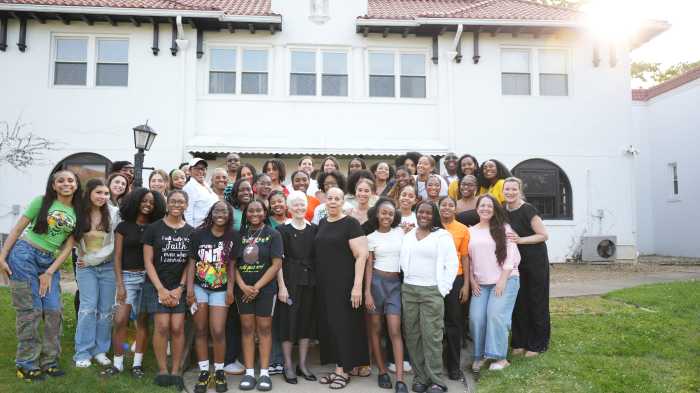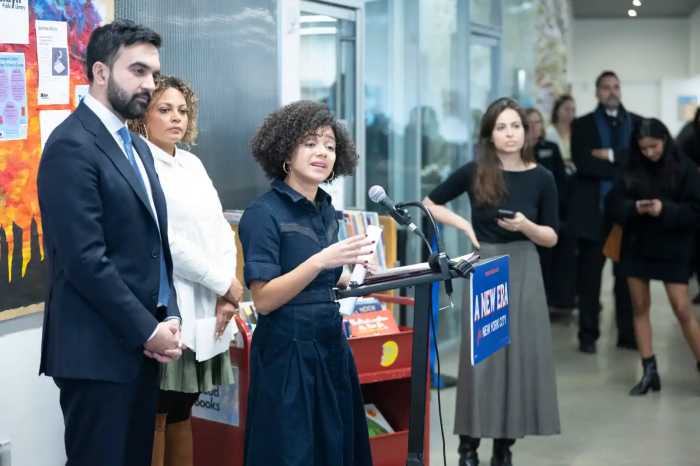A key City Council committee signed off on Mayor Bloomberg’s plan to redevelop Coney Island on Tuesday, hours after the city worked out sweeter deals with labor unions, affordable housing advocates and the area’s only remaining amusement park operator — deals that flipped a key opponent of the deal into a supporter.
The last-minute deal to create more affordable housing, hire union workers and retain the independence of Deno’s Wonder Wheel Park satisfied Councilman Domenic Recchia (D–Coney Island), who for months had opposed the mayor’s plan to for a new city-owned amusement park surrounded by privately owned, skyscraping hotels, restaurants and other attractions in the area bounded by the Boardwalk, Surf Avenue, Keyspan Park and the Cyclone roller coaster.
The city also wants to build 4,500 new apartments in the more residential sections of Coney Island.
“This plan accomplishes the goal of making everyone happy enough that we can move forward toward a revitalized Coney Island,” said Recchia, who bullied city officials at a hearing just two weeks ago and expressed his support for the neighborhood’s main landowner, his friend Joe Sitt.
“I know there are those who would like to see lower buildings on the south side of Surf Avenue. We just couldn’t make this work,” said Recchia, who was involved in the negotiations.
Still, the 13–2 approval by the Council’s Land Use Committee does not guarantee the passage of the proposal before the full council on Wednesday, because the city has still not reached an agreement with Sitt.
Recchia added that talks are ongoing and suggested there could be last-minute revisions that would satisfy some remaining critics. It’ll take some work, those critics suggested.
“We’re very disappointed that the necessary recommendations to fix the city plans were not adopted,” said Juan Rivero, a spokesman for the group Save Coney Island. “We are hopeful that the hints about negotiations will expand the amusement area and eliminate some of the hotels.”
Following the vote, Sitt said the mayor’s plan couldn’t work without his support, because he owns so much land in the heart of the amusement area.
“I’m the guy who controls this — it’s my sandbox,” Sitt told the New York Post, our sister publication.
But Sitt softened his previous opposition to Bloomberg’s plans and said he could “share my sandbox with my friend Mayor Mike.”
Tuesday’s vote had been postponed twice in the last week as lawmakers and interest groups went into overdrive to finalize the details on a plan that will use hundreds of millions in taxpayer dollars and take years — perhaps decades — to bring to fruition.
In a concession to the owners of Deno’s, the committee voted to not map that theme park as parkland — a technicality that could allow easier changes to the land by the owners in the future — and opted to eliminate car traffic on a proposed new street to be called “Wonder Wheel Way.”
The change also eliminates the possibility that the city would seize the land from the Vourderis family to include it in a single amusement park.
“The plan had eminent domain hanging over the Vourderis family,” said Deno’s spokesman Ken Hochman. “With that gone, there’s no longer any threat to the operation of Wonder Wheel Park.”
Deno’s also has no problem with the street bisecting the park because it will only be used by pedestrians, Hochman added.
The amount of affordable housing proposed was bumped up to 35 percent, from the original 20 percent, of the total units, according to Recchia.
The duo also said that agreements are nearly in place to satisfy demands from construction unions and organizations calling for Coney Island residents to get preference for jobs.
Recchia also announced that an undisclosed amount of money would be invested in Coney Island Hospital, a public hospital, because of the expected increase demand on its services when thousands of new residents eventually move into the community.


